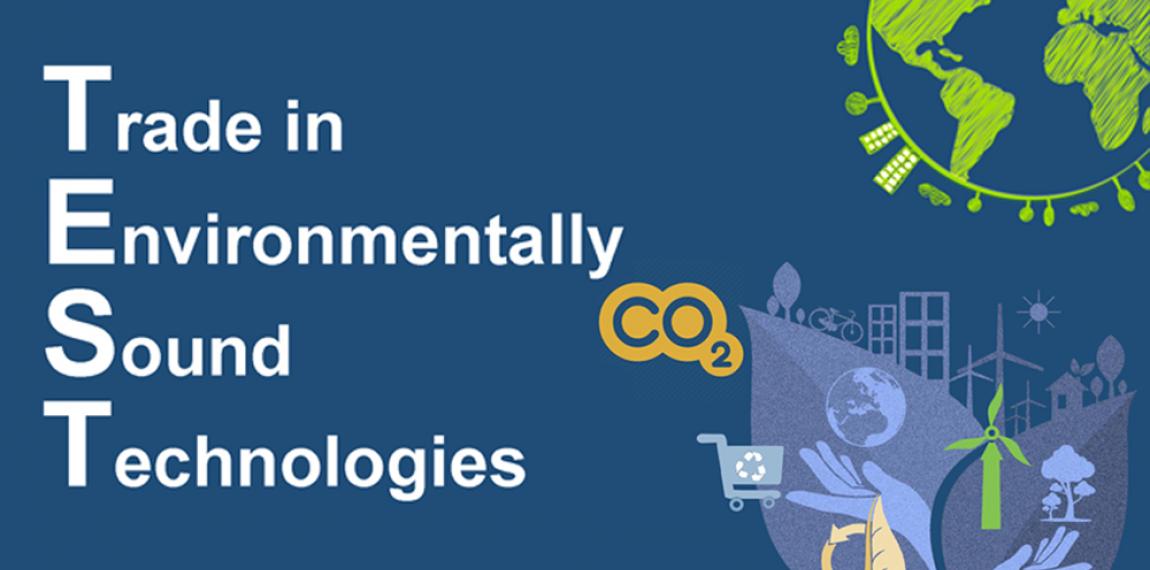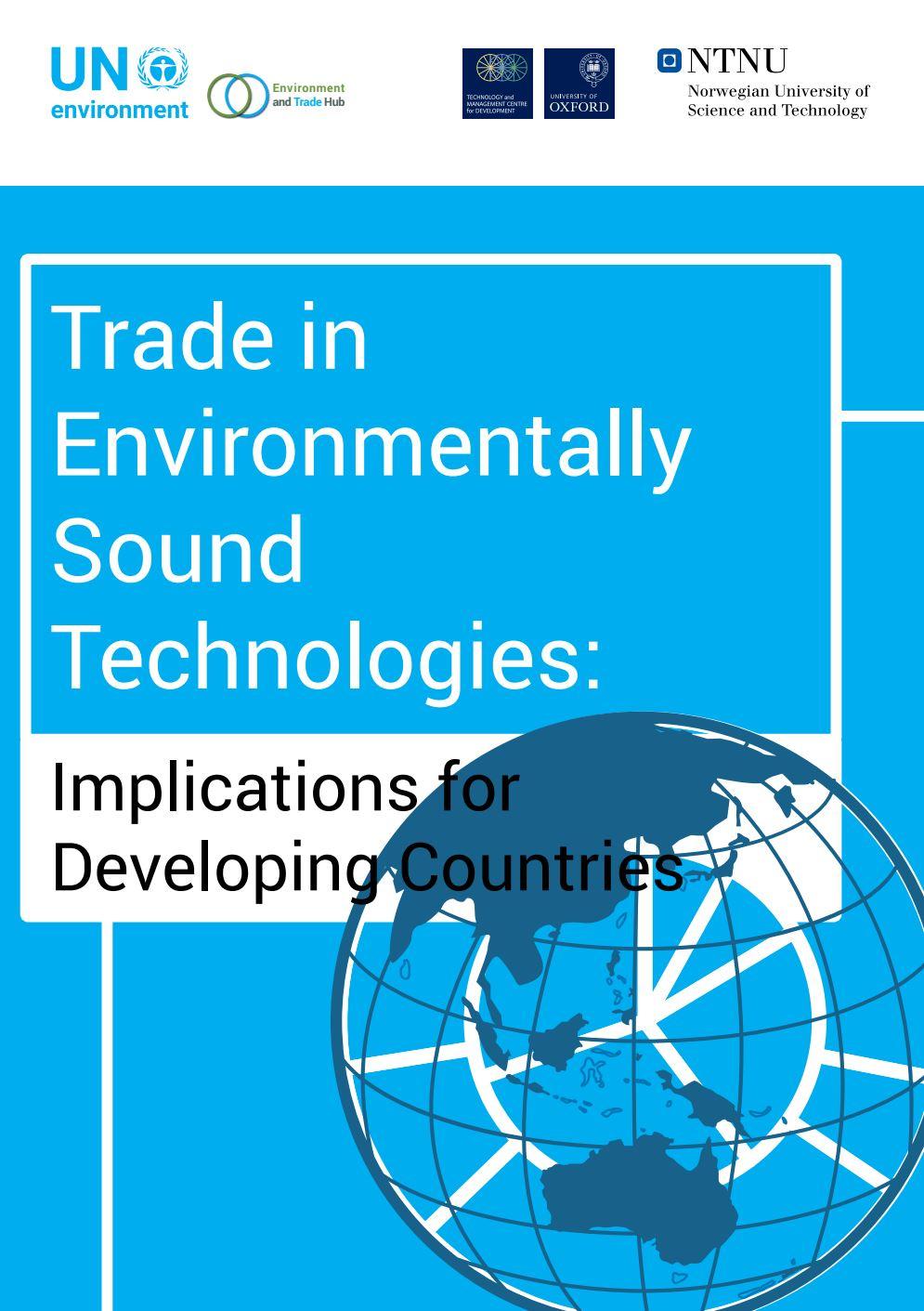
Published
The Tantalizing 'Triple Win' in the Clean Technology Trade
The TMCD has released a report entitled: 'Trade in Environmentally Sound Technologies: Perspectives from Developing Countries’ alongside its research partners, UN Environment’s Environment and Trade Hub and the Department of Industrial Economics and Technology Management at the Norwegian University of Science and Technology. The report highlights the importance of developing countries for future trade in environmentally sounds technologies (ESTs) and the need for their increased involvement.

Environmentally sound technologies, often also referred to as “clean technologies”, are a subset of environmental goods, defined as goods that directly contribute to environmental protection and climate change mitigation. The analysis in the study focuses on five ESTs: solar photovoltaic cells (PVs), water filters, waste incinerators, gas filtering machinery, hemp and flax fibers.
The study combines trade flow analysis with policy research, drawing on findings from two regional assessments on EST trade in the Association of Southeast Asian Nations (ASEAN) and the East African Community (EAC), including country case studies in Malaysia and Kenya.
One of the key takeaways from the report is that developing countries that have transited from net importers to net exporters of clean technologies by embracing international trade and investment, which has enabled them to build up their technology and production capacity. As a result, new green industries have emerged as well as growth in incomes and job creation, thus demonstrating how trade in environmentally sound technologies can offer a 'triple win' for the environment, economy and society.
The research suggests other developing countries have the potential achieve similar outcomes with the necessary domestic policies and technological effort. In this respect, the report recommends that initiatives to support the trade in clean technologies at the international level should be supported by measures at the domestic level, including through capacity building and technical assistance.


